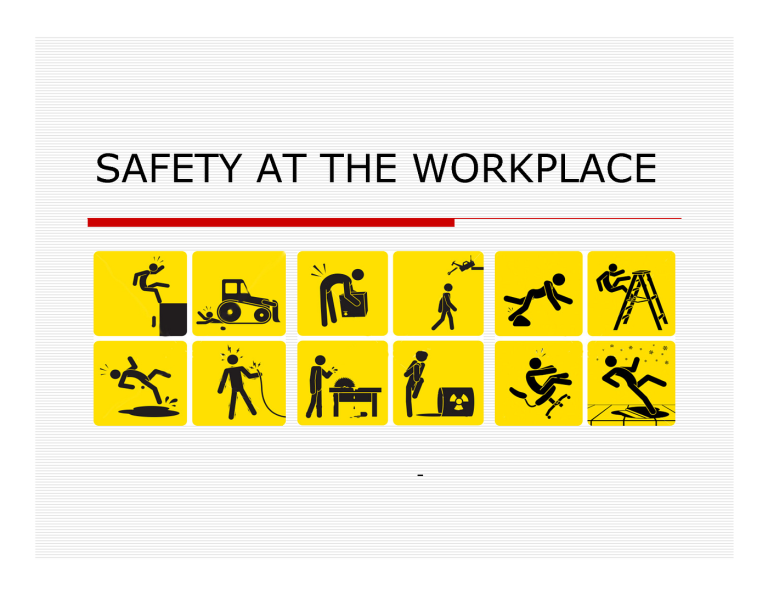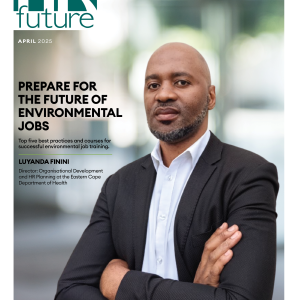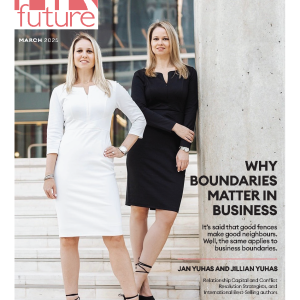In today’s rapidly evolving business landscape, organizations must prioritize talent management to build a future-ready workforce. With the increasing integration of technology, changes in workforce demographics, and the growing importance of specialized skills, effective talent management strategies are crucial for organizational success. This article explores key strategies for developing a workforce that is not only resilient but also equipped to thrive in the future.
Understanding the Future of Work
The future of work is characterized by technological advancements, shifting employee expectations, and the need for continuous learning. Organizations must embrace these changes to remain competitive. One of the key technological innovations transforming industries is Optical Character Recognition (OCR). OCR technology allows businesses to convert different types of documents, such as scanned paper documents, PDFs, or images, into editable and searchable data. This technology plays a crucial role in automating administrative tasks, thereby freeing up time for HR professionals to focus on strategic talent management.
For instance, OCR can streamline the recruitment process by quickly scanning and analyzing resumes, identifying the best candidates based on specific criteria, and reducing the time it takes to shortlist applicants. By integrating OCR into their recruitment systems, HR departments can significantly enhance efficiency and accuracy, enabling them to focus on more critical tasks such as candidate engagement and talent development.
Talent Management in Specialized Fields
In highly specialized fields like healthcare, effective talent management is particularly important. The healthcare sector requires professionals with unique skills and expertise, such as those involved in Oncology Medical Billing. Managing talent in such specialized areas involves understanding the specific needs of the field and developing strategies that attract, retain, and develop the right talent.
Oncology Medical Billing is a complex and specialized field that requires a deep understanding of medical coding, insurance regulations, and patient care. HR professionals in healthcare organizations must ensure that they have access to professionals who are not only skilled in these areas but are also continuously updating their knowledge to keep up with industry changes.
To manage talent effectively in specialized fields, organizations should focus on targeted recruitment, continuous professional development, and creating a supportive work environment. Offering opportunities for career advancement, providing access to the latest industry training, and recognizing the unique contributions of specialized professionals are key strategies to ensure a future-ready workforce in these fields.
Emphasizing Continuous Learning and Development
As industries continue to evolve, the skills required to succeed are constantly changing. Organizations must prioritize continuous learning and development as a core component of their talent management strategy. This approach not only helps employees stay up-to-date with the latest industry trends but also prepares them for future challenges.
One way to foster continuous learning is through the creation of personalized development plans. These plans should be aligned with the organization’s goals and the employee’s career aspirations. By offering a range of learning opportunities, such as online courses, workshops, and mentorship programs, organizations can ensure that their workforce remains adaptable and capable of taking on new roles as needed.
Moreover, organizations should consider leveraging technology to support learning and development. E-learning platforms, virtual reality training, and mobile learning apps are just a few examples of how technology can facilitate continuous learning. By integrating these tools into their talent management strategy, organizations can create a culture of lifelong learning, ensuring that their workforce remains competitive and ready for the future.
Enhancing Employee Engagement and Retention
Employee engagement and retention are critical components of talent management. Engaged employees are more productive, committed, and likely to stay with the organization. To build a future-ready workforce, organizations must develop strategies that enhance employee engagement and retention.
One effective strategy is implementing a comprehensive reputation management system for doctors and other professionals. Reputation management for doctors is particularly important in the healthcare industry, where patient trust and satisfaction are paramount. By actively managing and enhancing their reputation, organizations can attract top talent, retain skilled professionals, and build a positive workplace culture.
Reputation management involves monitoring and responding to feedback, maintaining transparency, and fostering a culture of continuous improvement. For doctors, this could mean regularly collecting patient feedback, addressing concerns promptly, and highlighting positive patient outcomes. By promoting a positive reputation, healthcare organizations can enhance employee engagement and create an environment where professionals feel valued and motivated to excel.
Additionally, offering flexible work arrangements, competitive compensation packages, and opportunities for career advancement are essential strategies for retaining top talent. By understanding and addressing the needs and preferences of their employees, organizations can create a work environment that fosters loyalty and long-term commitment.
Leveraging Technology for Talent Management
Technology plays a pivotal role in modern talent management. From recruitment and onboarding to performance management and employee development, technology can streamline processes, improve accuracy, and enhance the overall employee experience.
One of the key technologies in talent management is the use of data analytics. By analyzing employee data, organizations can gain insights into performance trends, identify skill gaps, and predict future talent needs. This data-driven approach enables HR professionals to make informed decisions about hiring, development, and succession planning.
For example, predictive analytics can help organizations identify high-potential employees who are likely to succeed in leadership roles. By investing in their development early on, organizations can ensure a smooth transition when it comes time to fill critical positions. Similarly, data analytics can be used to identify areas where additional training is needed, allowing organizations to proactively address skill gaps before they impact performance.
Moreover, technology can enhance the employee experience by providing easy access to HR services, facilitating communication, and enabling self-service options. Mobile apps, for instance, can allow employees to access their benefits, request time off, and track their performance goals from anywhere, at any time. By leveraging technology in these ways, organizations can create a more efficient and engaging work environment.
Building a Diverse and Inclusive Workforce
Diversity and inclusion are essential elements of a future-ready workforce. A diverse workforce brings different perspectives, experiences, and ideas to the table, driving innovation and improving decision-making. Moreover, inclusive workplaces are more likely to attract and retain top talent, as they create an environment where all employees feel valued and supported.
To build a diverse and inclusive workforce, organizations must implement strategies that promote diversity at all levels. This includes creating unbiased recruitment processes, offering diversity training, and establishing employee resource groups. Additionally, organizations should regularly assess their diversity and inclusion efforts to identify areas for improvement and ensure that their strategies are effective.
HR professionals should also focus on creating an inclusive culture that encourages open communication, collaboration, and respect. This can be achieved by promoting inclusive leadership, providing mentorship opportunities, and recognizing and celebrating diversity within the organization. By fostering a diverse and inclusive workplace, organizations can build a workforce that is adaptable, innovative, and prepared for the future.
Conclusion
Building a future-ready workforce requires a comprehensive talent management strategy that embraces technology, supports continuous learning, enhances employee engagement, and promotes diversity and inclusion. By focusing on these key areas, organizations can develop a workforce that is not only equipped to meet the challenges of today but also prepared to thrive in the future.
As industries continue to evolve, the importance of specialized skills, such as those involved in Oncology Medical Billing, will only increase. Similarly, the integration of technologies like Optical Character Recognition (OCR) will continue to transform the way HR professionals manage talent. By staying ahead of these trends and continuously adapting their talent management strategies, organizations can ensure their long-term success.
In the healthcare sector, reputation management for doctors will remain a critical component of talent management. By actively managing their reputation and fostering a culture of excellence, healthcare organizations can attract and retain top talent, ultimately leading to better patient outcomes and organizational success.
The future of work is rapidly changing, and organizations must be proactive in their approach to talent management. By implementing the strategies outlined in this article, organizations can build a resilient, engaged, and future-ready workforce that drives innovation, improves performance, and contributes to long-term success.
Guest writer.
















































































